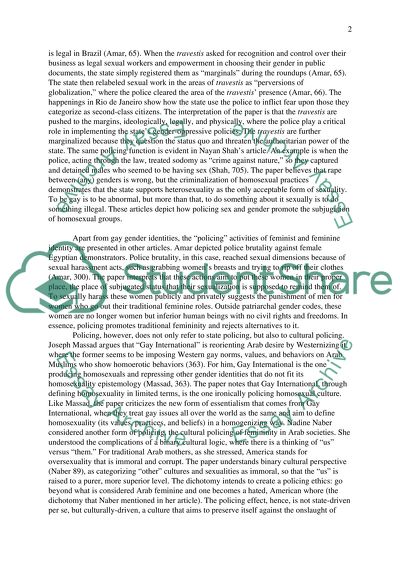Cite this document
(“Policing Gender, Race, and Social Class: The Economics, Politics, and Term Paper”, n.d.)
Policing Gender, Race, and Social Class: The Economics, Politics, and Term Paper. Retrieved from https://studentshare.org/social-science/1493644-analytical-integrative-essay
Policing Gender, Race, and Social Class: The Economics, Politics, and Term Paper. Retrieved from https://studentshare.org/social-science/1493644-analytical-integrative-essay
(Policing Gender, Race, and Social Class: The Economics, Politics, and Term Paper)
Policing Gender, Race, and Social Class: The Economics, Politics, and Term Paper. https://studentshare.org/social-science/1493644-analytical-integrative-essay.
Policing Gender, Race, and Social Class: The Economics, Politics, and Term Paper. https://studentshare.org/social-science/1493644-analytical-integrative-essay.
“Policing Gender, Race, and Social Class: The Economics, Politics, and Term Paper”, n.d. https://studentshare.org/social-science/1493644-analytical-integrative-essay.


